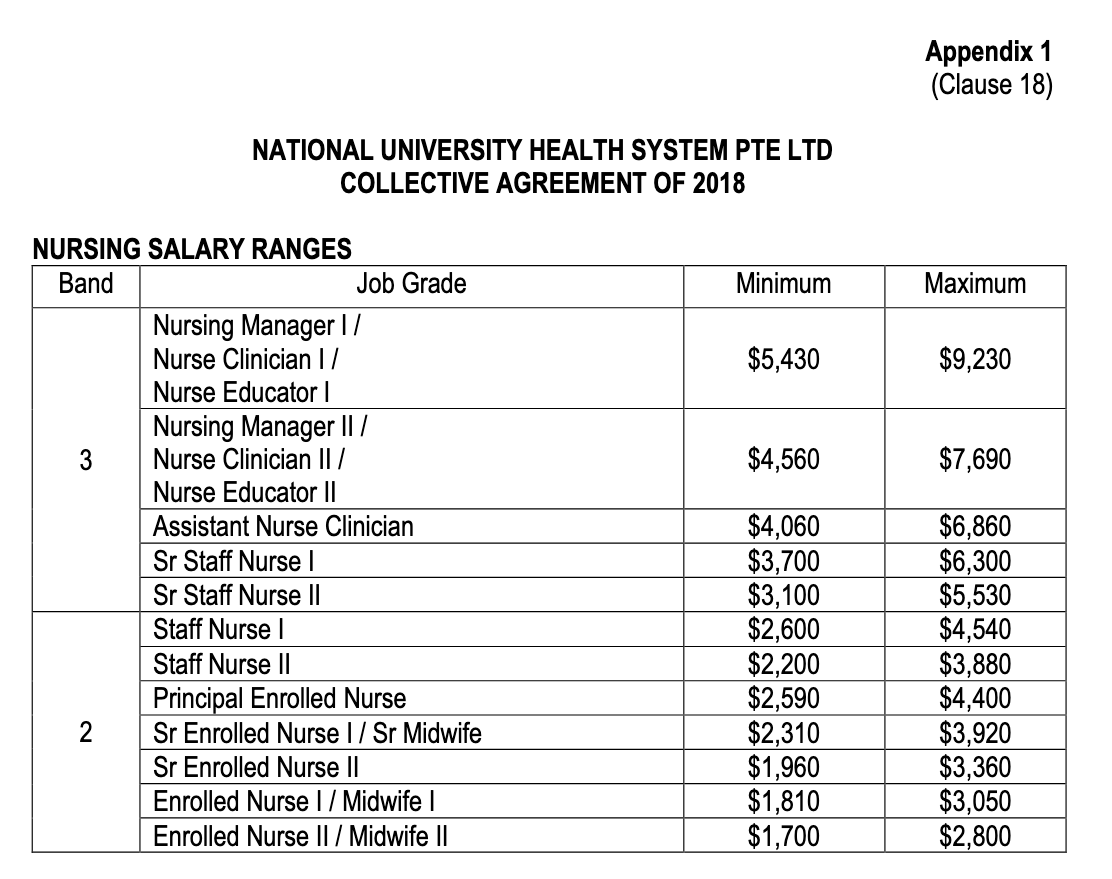
You may be considering long-term care. There are many options available, including nursing homes, home care, and Medicaid. In this article, we'll take a closer look at each option, including how to get the right coverage and which benefits you can expect to receive. We are happy to provide more information. We're happy to answer your questions. And, don't forget to ask about Medicaid, too!
Long-term home-based care
It was found that caregiver health and the age of those who used home-based LTC were closely linked to their use. Younger caregivers are less likely to be able to care for older people. To find the most effective combination of services, caregivers should consider their ages as well as the burden of care. It is also important to assess caregiver health in order to determine if home-based LTC are beneficial for both recipients and caregivers. This isn't a comprehensive list of home-based LTC programs.
The primary aim of home-based long-term care is to allow recipients to live independently while minimizing the need for institutional care. In addition to providing health care, this type of care also provides support to family members and friends. Home healthcare is often more cost-effective and convenient than skilled nursing. It's also just as effective as skilled nursing facilities. Home health care can even be as effective and efficient as in-hospital care.

Nursing homes
There are many types, including skilled nursing facilities. Medicare frequently certifies skilled nursing facilities (SNFs) to offer skilled nursing care. Long-term care insurance also covers them. These homes can also take private payment and are usually able to meet most patients' medical needs. In the United States, nursing homes are divided into three general categories: long-term care, convalescent care, and skilled nursing care.
Although many residents prefer private rooms to their nursing homes, many operators of nursing homes believe that multi-occupancy rooms pose a risk of spreading infectious diseases. The CMS will look into ways to accelerate the phase-out of rooms that have three or more residents and promote single occupancy rooms. Biden-Harris Administration announces new measures that will improve nursing home safety, quality, and combat bad actors. They want nursing homes to be livable and provide high quality care.
Medicaid
A few things to remember if your parent is considering Medicaid long term care. The first is that your income and assets will affect the amount you spend on long-term healthcare. If you give too many assets away, you could become ineligible for Medicaid. There are options to minimize your financial risk.
Depending on your state's Medicaid program, you may qualify for long-term care through your regular state's program, which is sometimes called "Aged, Blind and Disabled" Medicaid. While this is not a mandatory entitlement it may be cheaper than assisted living or nursing homes. Additionally, Medicaid will cover services in the home or community, so you can maintain your independence and maintain your quality of life. Many state Medicaid programs also offer personal care assistance.

Medicare
Long-term costs can be extremely high. Medicare only covers a portion of care. The program is also limited and subject to constant change. This is a growing need among Medicare beneficiaries. It's important that you keep abreast of the most recent news. Here are some suggestions to help you find long term care coverage. You can also contact your local Medicare agent for further information. Your current insurance coverage is the first step. Next, you'll be able know what to look forward to.
What is longterm care? A range of services are provided to assist with daily living activities. This includes both medical care and non-medical support. These services include transportation, meal preparation, and even medical appointments. In a person's own home, in an assisted living facility or both, long-term care may be provided. Medicare requires that beneficiaries check into a Medicare certified nursing facility within 30 day of their in-patient hospital stay.